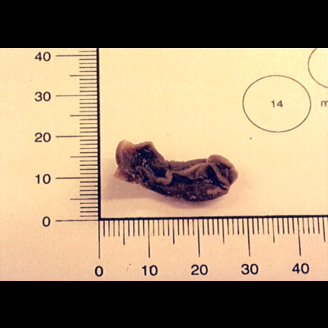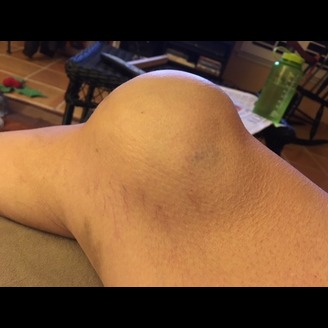
Cotard’s Delusion is an obscure mental illness where the sufferers deny the existence of a body part, a portion of their body, or their entire existence. This syndrome is often referred to as “walking corpse syndrome” as patients with this illness are often convinced they are dead. While symptoms aren’t necessarily physical, it can cause sufferers to withdraw from their lives and neglect necessary activities that they feel they no longer need to do (eg. eating, drinking, hygiene, etc.), since they think they’re dead.
Recently, a Sermo psychologist from Greece shared his encounter with the syndrome in a pregnant patient:
A 26-year-old female came into an outpatient department with symptoms of decreased sleep, decreased appetite, and lack of interest in usual tasks. The patient complained that her liver was “putrefying” and that her heart was “altogether absent.” She also reported that when she walked, she could not feel her body and reported that her “stomach was missing.” She was also 6 months pregnant with her first child…
Her problems had started soon after she and her husband moved out of their joint family home, due to her quarrels with her in laws. After moving into a small rented accommodation, she developed loss of sleep, palpitations, and a feeling of loneliness, which progressed to loss of interest in her surroundings and daily activities. The patient’s husband took her to a doctor who described her symptoms as ‘vague’ and diagnosed her as having ‘weakness.’ The doctor prescribed her multivitamin tablets, however over the next 6 weeks, the patient’s symptoms failed to improve.
While there is no cure, treatment generally includes antidepressants, mood stabilizing drugs, and antipsychotics.
Want to know what happens to this patient? Log on to Sermo to read more!














